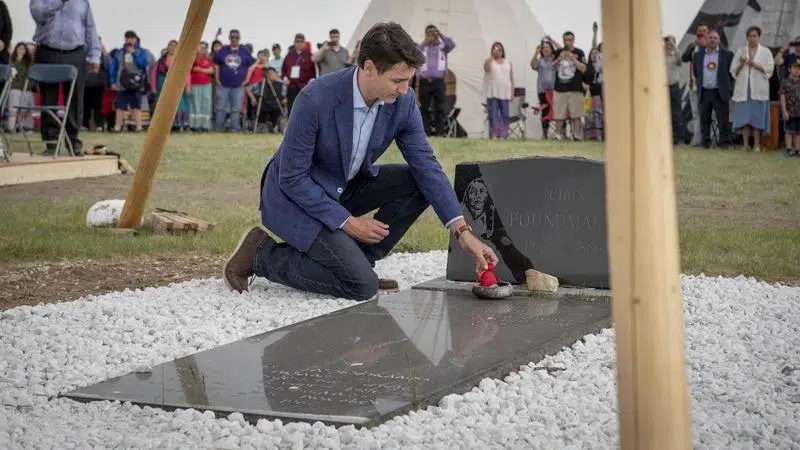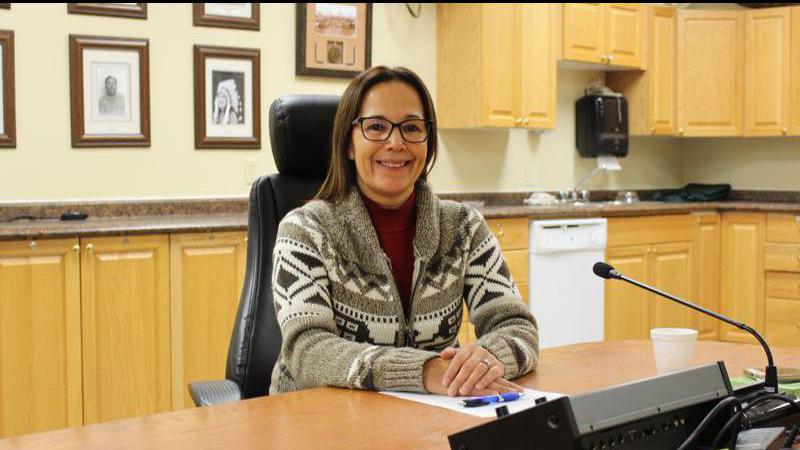
Year in Review: First Nations achieve many successes
It has been a proud year for many First Nations in the Battlefords area, with a visit from Prime Minister Justin Trudeau for a ceremony to formally exonerate Chief Poundmaker among some of the highlights.
Many Indigenous communities enjoyed newfound successes in 2019, including Red Pheasant Cree Nation; Mosquito, Grizzly Bear’s Head and The Lean Man First Nation (MGBHLM); and Poundmaker Cree Nation.
In May, the nation looked on as Prime Minister Justin Trudeau visited Poundmaker Cree Nation for a ceremony to formally exonerate Chief Poundmaker who was wrongfully convicted of treason-felony in 1885.
Following the Battle of Cut Knife Hill with members of the North West Mounted Police on May 2, 1885, Poundmaker turned himself in and was charged with treason-felony. He was sentenced to three years in prison, despite advising his warriors during the fight to stop pursuing retreating officers who had attacked their camp. Due to poor health, he was released from prison in 1886 and died a short time later.


